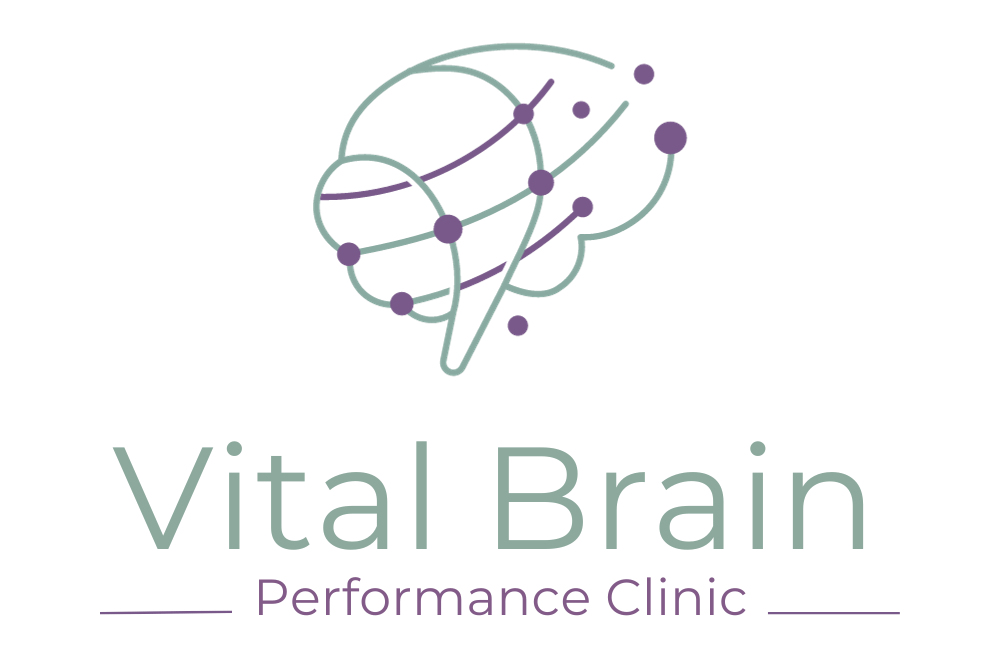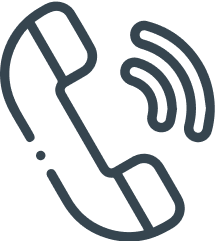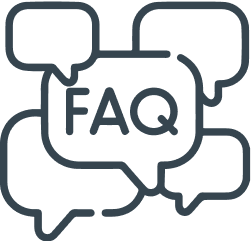Obsessive-compulsive disorder (OCD) is a mental health condition characterized by intrusive thoughts, images, or urges (obsessions), followed by repetitive behaviors or mental acts (compulsions) designed to alleviate anxiety. While medication is often a cornerstone of treatment, many individuals seek alternative or complementary OCD treatment options. Neurofeedback, nutrition, and IV therapies offer promising avenues for managing OCD symptoms without relying solely on pharmaceuticals.
OCD Treatment Options with Neurofeedback

Neurofeedback, a type of biofeedback therapy, uses electroencephalography (EEG) to measure brainwave activity. By providing real-time feedback on brainwave patterns, individuals can learn to self-regulate their brainwaves, potentially reducing symptoms associated with OCD. Studies have shown that neurofeedback can be effective in improving cognitive function, reducing anxiety, and managing OCD symptoms.
The Power of Nutrition
Diet plays a crucial role in overall health and well-being, and it can also impact mental health conditions like OCD. Certain dietary factors, such as inflammation-promoting foods, may exacerbate symptoms. A balanced diet rich in fruits, vegetables, whole grains, lean proteins, and healthy fats can support brain health and potentially alleviate OCD symptoms. Addressing nutritional deficiencies and sensitivities can help optimize brain function.
IV Therapies: Targeted Nutrient Delivery
Intravenous (IV) therapies involve the administration of nutrients and other substances directly into the bloodstream. While research is ongoing, some studies suggest that IV therapies may be beneficial for individuals with OCD. By providing targeted nutrient delivery, IV therapies can help address underlying nutritional deficiencies and support brain function. Keep in mind that it’s important to consult with a healthcare professional to determine if IV therapy is appropriate and to discuss potential risks and benefits.
OCD Treatment Options
While these natural OCD treatment options offer promise, it’s important to note that they may not be suitable for everyone. It’s essential to work with a qualified healthcare professional to develop a personalized treatment plan that addresses your specific needs and goals. Combining these natural approaches with traditional therapies, such as cognitive-behavioral therapy (CBT), can provide a comprehensive and effective approach to managing OCD symptoms.
Beyond medication, individuals with OCD have a range of natural OCD treatment options to explore. Neurofeedback, nutrition, and IV therapies offer promising avenues for managing symptoms and improving overall well-being. By working with a healthcare professional and considering a holistic approach, individuals can empower themselves to take control of their OCD and enhance their quality of life.




